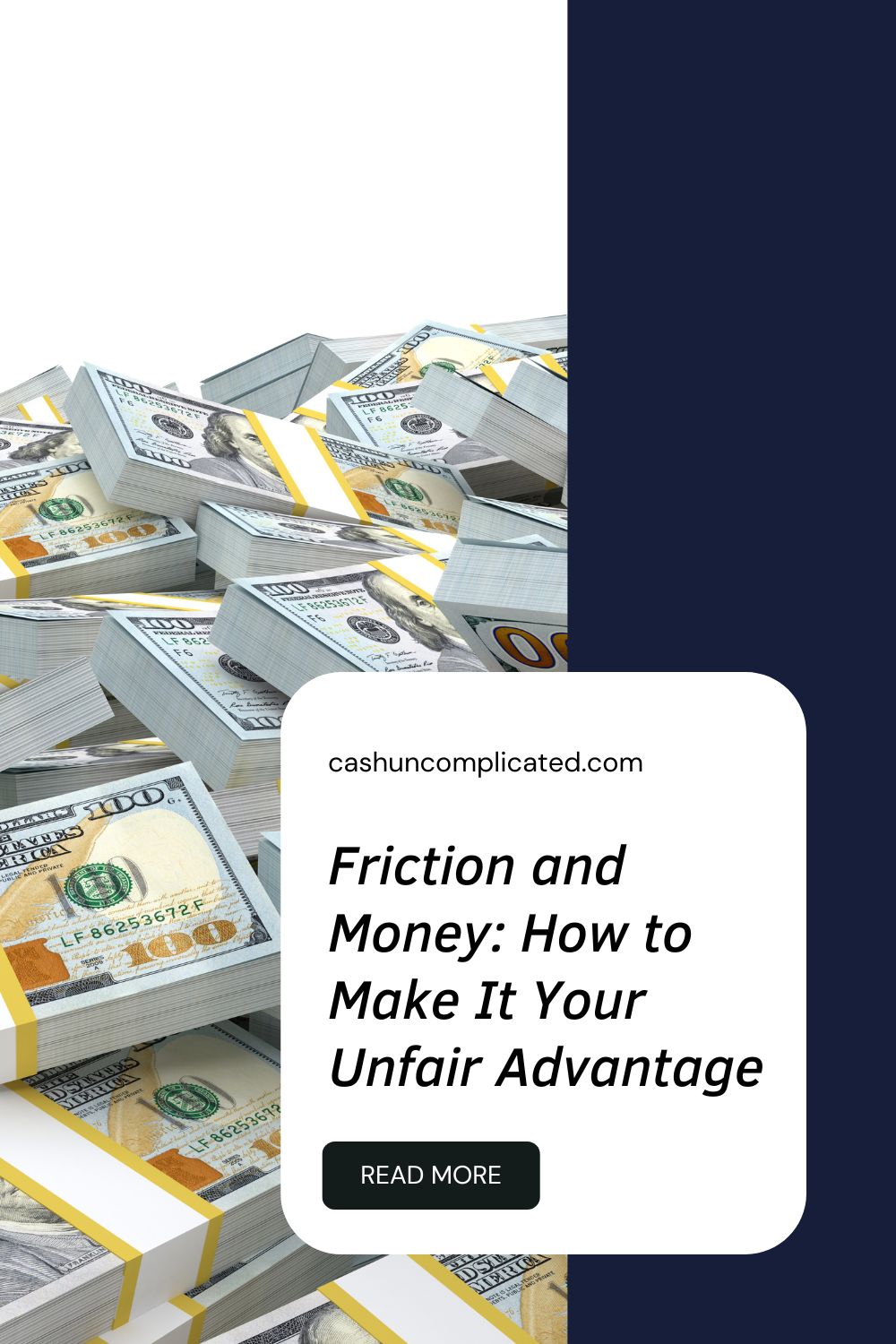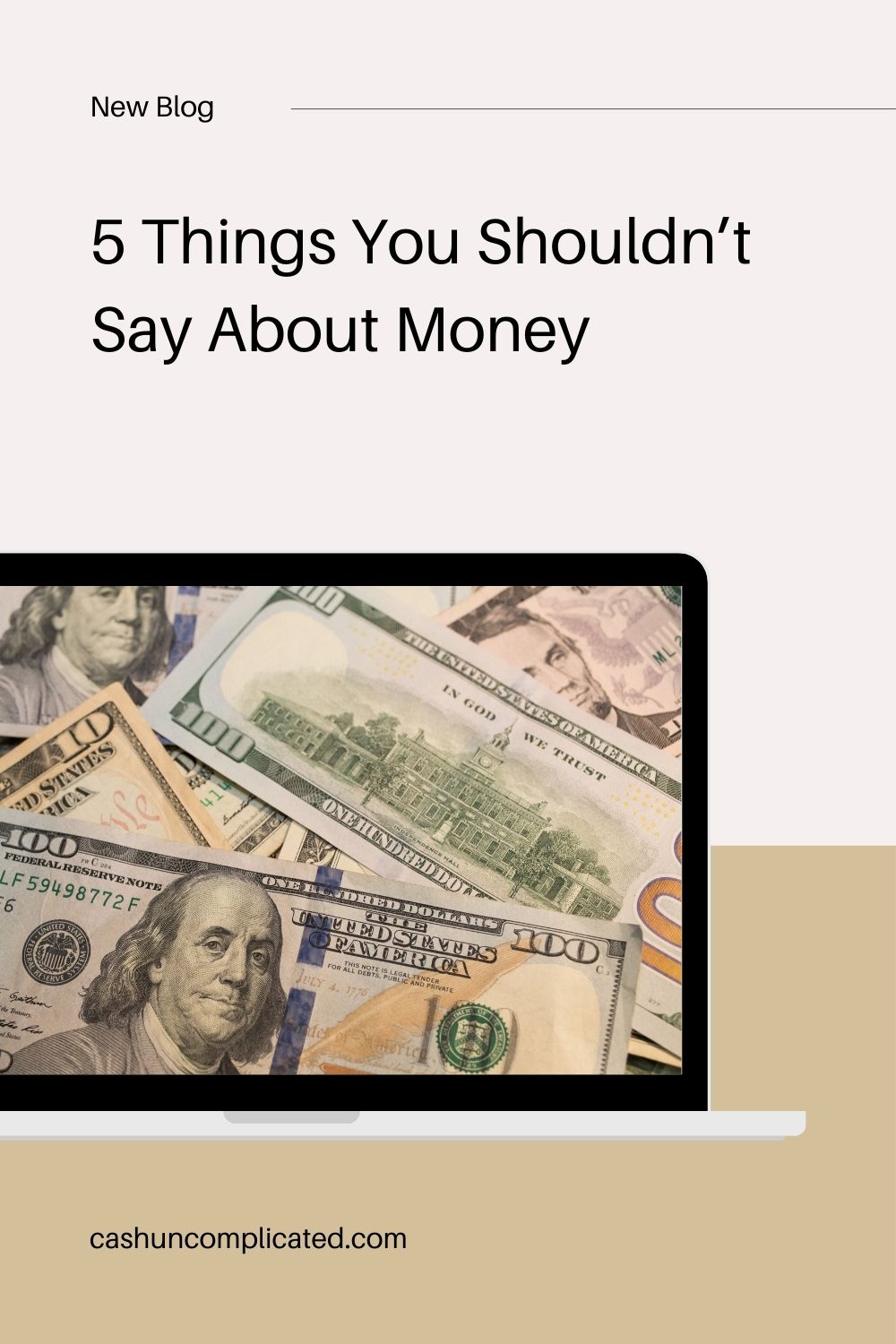Friction and money aren’t often two words paired together, but there is a big relationship between the two. Friction is actually one of the most important words when it comes to money, providing you use it to your advantage.
If you were to walk around a major city and ask people about their money goals, you’re likely to hear these two things come up: spend less on the unimportant and save/invest more. This is where friction comes into play.
Spending Less
We are creatures of habit and most of our successes and failures are direct results of our habits. Willpower is difficult, but maintaining habits are comparatively easy. The best way to spend less money is to create friction around your negative money habits, in this case spending on things you don’t care about.
In other words, the more difficult you make it to spend on things you don’t care about, the more successful you’ll be with that goal. The way to do this is by increasing the friction of the purchase. Here are some ways to do this:
- Creating a “24 hour rule” when making an online purchase
- Paying cash
- Not using credit cards, or only using it for essentials like groceries and gas
- Keeping only enough money in your checking account for essentials
- Keeping a log of your spending
All of these things increase the friction of spending. The idea is to make spending more difficult than simply swiping a credit card.
Ever wonder why so many online retailers save your credit card info? They want to decrease the friction of the purchase and make it easy to buy things with one click. It’s also why you’re able to buy things by scanning your phone or credit card.
Take control of this and use friction to your advantage by setting up additional friction points. You’ll lose some of the immediate convenience but you will gain more money and intentionality in return.
Saving and Investing
Conversely, to save and invest more, you want to decrease the friction. In other words, make it easier to save and invest.
The best way I’ve found to reduce the friction of saving and investing is to automate. Here’s the process of automation:
- Determine how much you want to save and invest each month
- Schedule monthly withdrawals so that the money is automatically transferred from your checking account/paycheck to the savings or investment of your choice
- As you start to make more money or pay off debt, go into those accounts and increase the contributions
- Continue doing this indefinitely
This process will generate great wealth without you having to think about it much at all. Your work is basically to set it up, pick the right investment, then increase as needed. This takes out all the friction of deciding what to do every month or waiting until the end of the month to see how much you have available to invest.
This is also what is referred to as pay yourself first. With automation, you are paying yourself first and reducing the friction of the action. A very powerful combination.
Conclusion
Use friction to your advantage. It’s one of the best money hacks and a very simple concept. If you want to do something like save and invest more, make it easier. If you don’t want to do something, like mindlessly spend, make it more difficult. That’s it, pretty simple.
How do you increase or reduce the friction with your money?






